Nonlinear storytelling is creative and always comes as a bit of a shock, since most animes tell their story in a straightforward, linear fashion. Because of the familiar format I had come to expect, when Attack on Titan began season four with a new cast of characters, I was confused and somewhat frustrated. I wanted to see the old familiar cast of Eldians I had grown to love over the past three seasons and I did not know who the Marleyans were yet.
Upon rewatching Attack on Titan, I came to understand that this method of storytelling was genius, in a way that I did not grasp until I had finished the series. The gap between the end of season three and the beginning of season four was about four years long. This is a substantial time skip on its own, but the story takes it a step further by kicking off the new story in an entirely new country, with a new set of characters: the Marleyans. This sudden shift was jarring at first, but over time, improved my appreciation for the series.
Non-Linear Storytelling Gave Me a Different Perspective on the People Framed as “Enemies”
The Marleyans Resented Eldia Due To Previous Violence and Bloodshed Caused by Eldia's Past Ruler, King Fritz
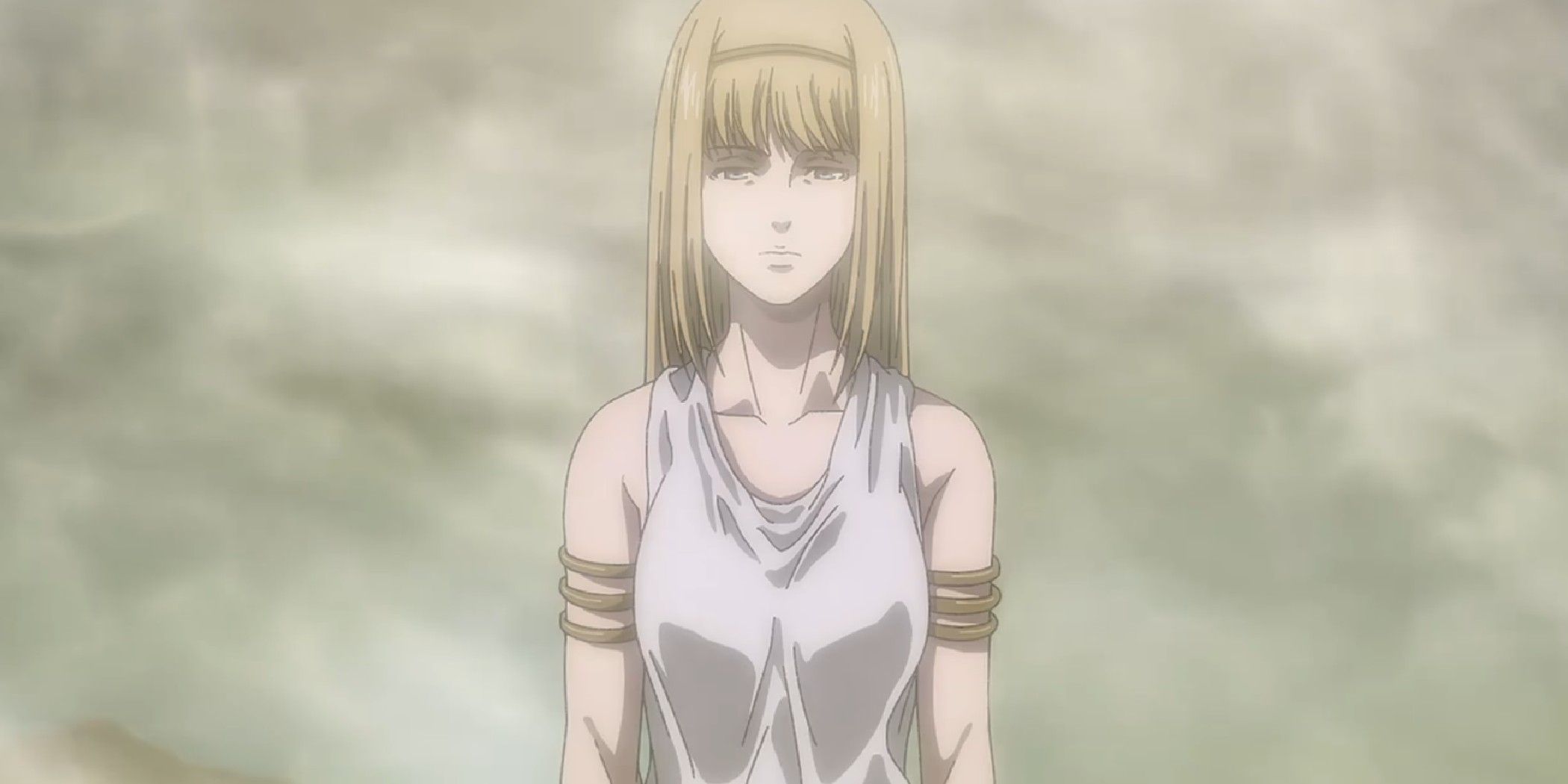
By introducing the Marleyans, unpacking their side of the human vs. Titans conflict, and exploring why they held a negative view of the Eldians, I began to question everything I had been led to believe while watching the last three seasons. The story had seemed to frame the Eldians as heroes up until this point, painting them as people who were senselessly exiled and mistreated by the rest of the world, trapped on an island to fend for themselves. However, the Marleyans had an entirely different view of the Eldians' place in society because of their experiences with the Eldian king, Fritz.
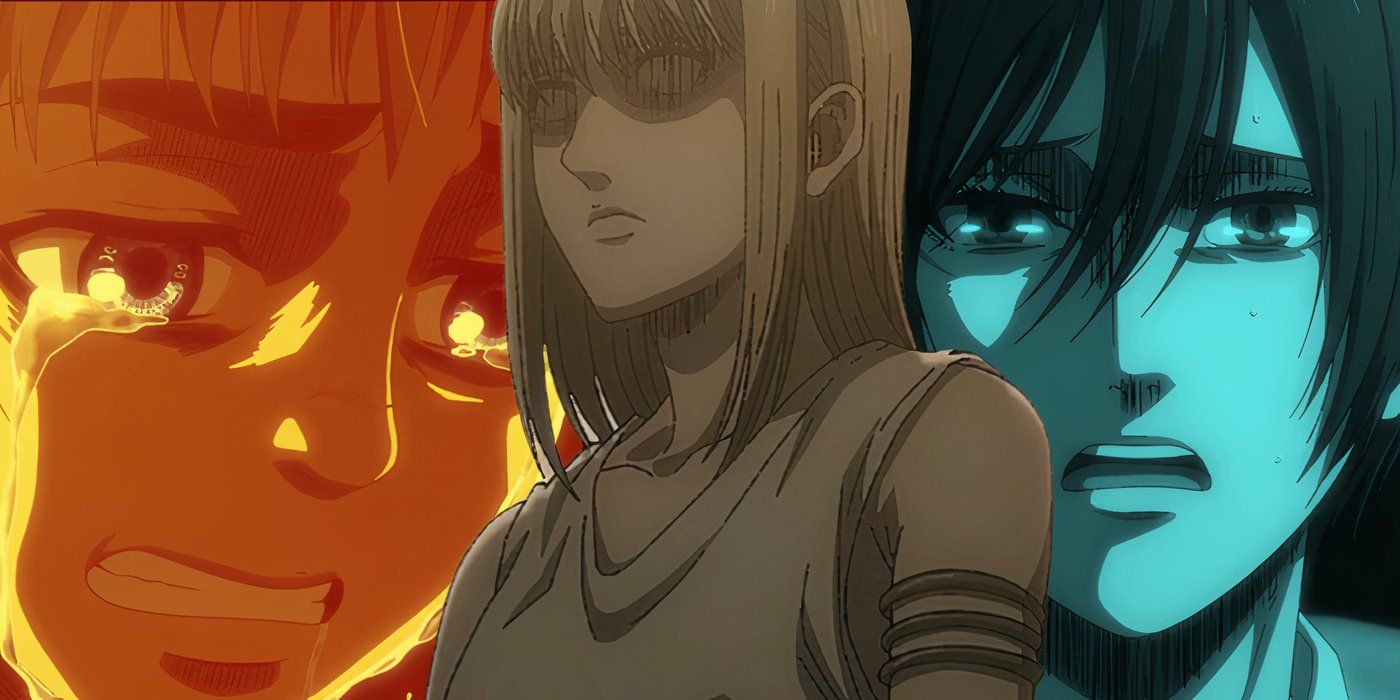
Related
10 Most Tragic Attack on Titan Backstories
Attack on Titan's characters are no strangers to grief and heartbreak, and that is made clear in their tragic and often violent backstories.
The Marleyans suffered under King Fritz's tyranny during his rule, as did the rest of the world. The cruel, power-hungry king exploited the Founder Ymir's powers to keep the rest of the world under his thumb. To grow his expansive empire, he carried out violent acts with the Titans, causing the rest of the world to fear and resent Eldia as a result of his despicable actions. Knowing this background, it makes more sense why the Marleyans hate the Eldians and want to destroy them because, through their perspective, the previous Eldian king caused them just as much harm as the Titans did.
Focusing On the Marleyans in Season Four Humanized Them
The Marleyans’ Motives and Experiences Became More Clear With the Background Provided in Season Four
When the Eldians were reintroduced to the battlefield midway through season four, it was increasingly difficult for me to decide who to root for or who was on the “right” side of the conflict anymore. This uncertainty is precisely what the mangaka, Hajime Isayama intended on, making it nearly impossible for viewers to “pick a side” because the conflict is not as cut and dry as it once appeared in season one. The Marleyans transformed from pointlessly evil enemies to people who were fighting to protect their loved ones and country that they worried was at risk due to the Eldians' past actions.
Something had to shift, or the humans in the story would tear each other apart before the Titans ever got a chance to. Thankfully, as audiences began to see the Marleyans' side of the conflict in a new light, so did the Eldians, and vice versa. The Marleyans and Eldians themselves began to see one another as potential allies and not enemies, realizing they were all ultimately fighting for the same cause: to defeat the Titans. By humanizing one another, understanding the other side's motives and experiences, and aligning under a common goal, the two groups finally made progress towards achieving harmony and leaving behind violence.
The Eldians Became Sympathetic Because of the Way Seasons One Through Three Were Framed
The Non-Linear Narrative in Season Four Suggests neither Side, Eldia nor Marley, Is the True Enemy in the Story
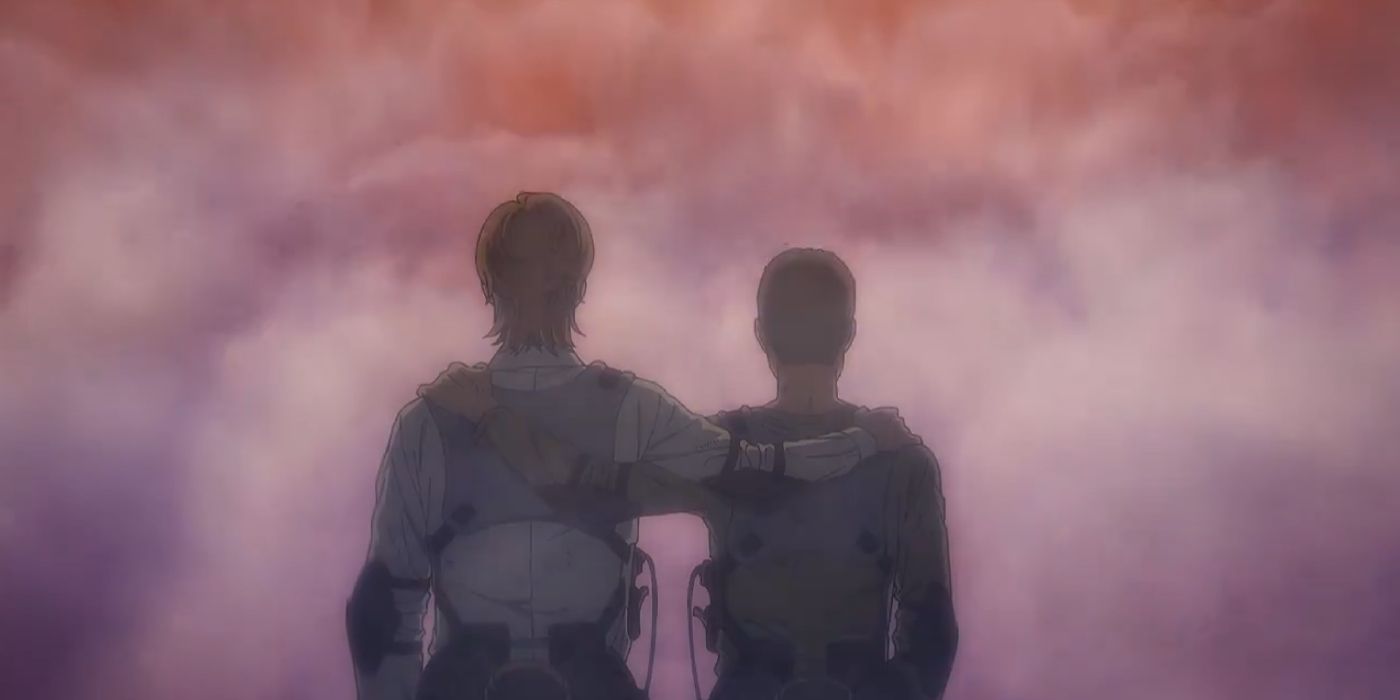
Many Attack on Titan viewers, admittedly, myself included, were so quick to judge Reiner, Annie, Bertholdt, and the Marleyans. The story seemed to frame them as "enemies," a fact that viewers accepted pretty blindly. But as I rewatched the series, I began to wonder. Had the story begun on Marley and not Eldia, highlighting the Marleyans' plight and fight to protect their citizens from further Eldian violence, would I have developed sympathy for the Marleyans and seen the Eldians as enemies instead? I think the answer is probably yes, because the way the story is laid out drastically affects viewers' perceptions.
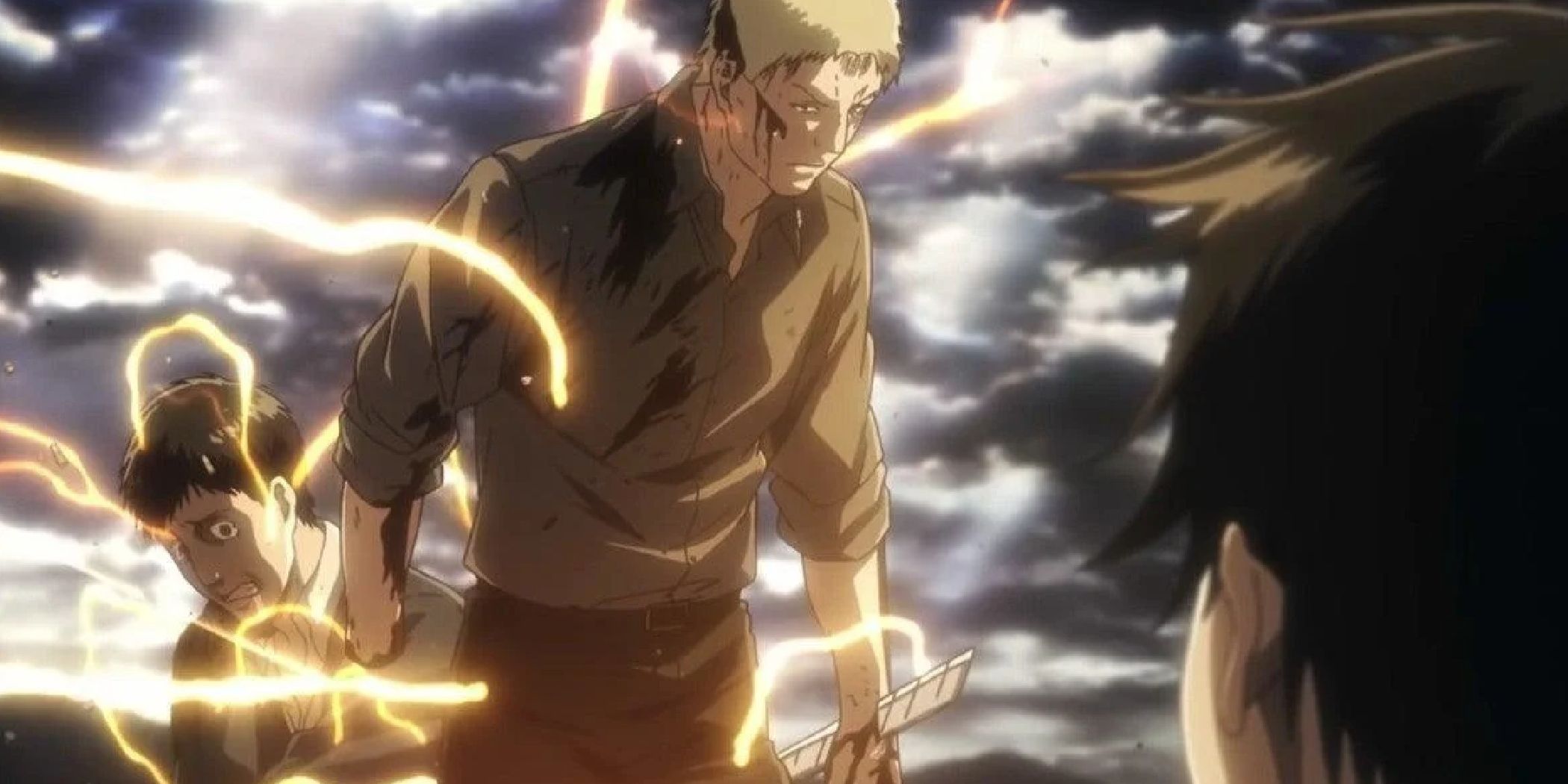
Related
Attack on Titan’s Greatest Betrayal Summarizes the Series Key Theme Perfectly
Attack on Titan's most pivotal moment occurred in season two, setting the stage for the rest of the story and encapsulating the series' core message.
The Marleyans might have become the fans’ group to root for rather than the Eldians, had the story started differently. By switching between perspectives in the later seasons, Attack on Titan keeps viewers on their toes and unpacks the complexities of the conflict. As the final season of the series seems to suggest, between the Eldians and Marleyans, perhaps neither is “the enemy.” It is this realization that allowed both groups to put aside their differences and fight to stop Eren Jaeger and the Titans. Hajime Isayama has spoken about the anti-war sentiments in his story, and this storytelling method contextualizes those messages.
The Non-Linear Perspective Highlights Similarities, Rather Than Differences
By Making Viewers Question Who Is the Real “Enemy,” Isayama Asserts Anti-War and Non-Violence Themes
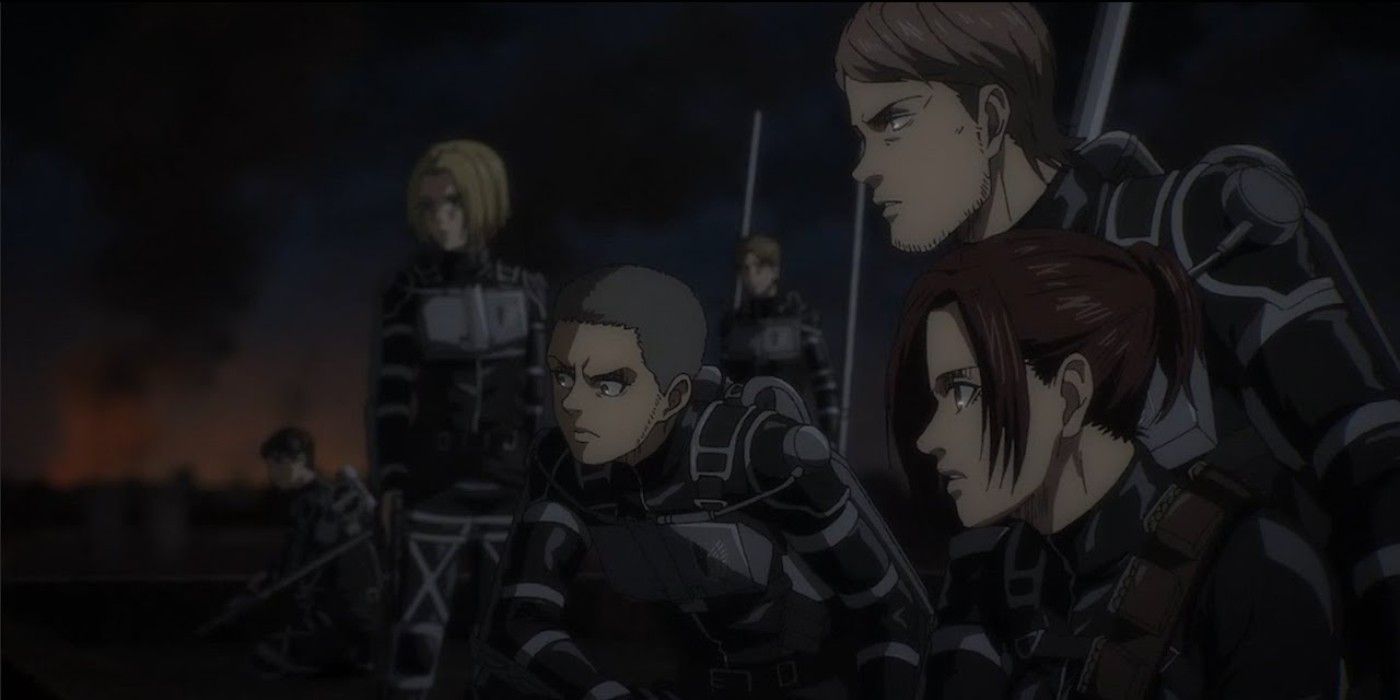
As the Marleyans and Eldians began to recognize what they had in common: the goal of stopping the Titans and a desire to protect their homes and loved ones, they began making strides towards enduring peace. The war did not end instantaneously, even with Eren's death and the Rumbling's end. War is not a problem that can be easily blotted out by one grand gesture. But, the non-linear storytelling perspective of Attack on Titan suggests that in this conflict and many others, the side of the battle perceived to be the "enemy" all depends on who is making that judgment and what information they have.
Isayama's story highlights the importance of more beneficial and nuanced views of conflicts such as these, without broadly painting one side as "good" and one as "bad." Once the Eldians and Marleyans stopped perceiving the other side as pure evil, they began to work through differences and even cooperate as allies, fighting together against the Titans that were harming them both. In such a genius way, Attack on Titan takes its viewers on this journey with the Eldians and Marleyans, causing watchers to realize that their preconceived notions about the true "enemy" in the story may not be as accurate as they once believed.

Based on the manga, Attack on Titan is a dark-action fantasy series set in a world where humanity has been corralled into walled cities from fear of monstrous human-eating Titans that exist outside of them. When protagonist Eren Yeager's mother is killed in front of his eyes at a young age, his thirst for vengeance leads him to join an elite group of soldiers created to fight back against the Titan menace.
Release Date April 7, 2013
Seasons 4
Franchise Attack on Titan
Production Company Wit Studio, MAPPA

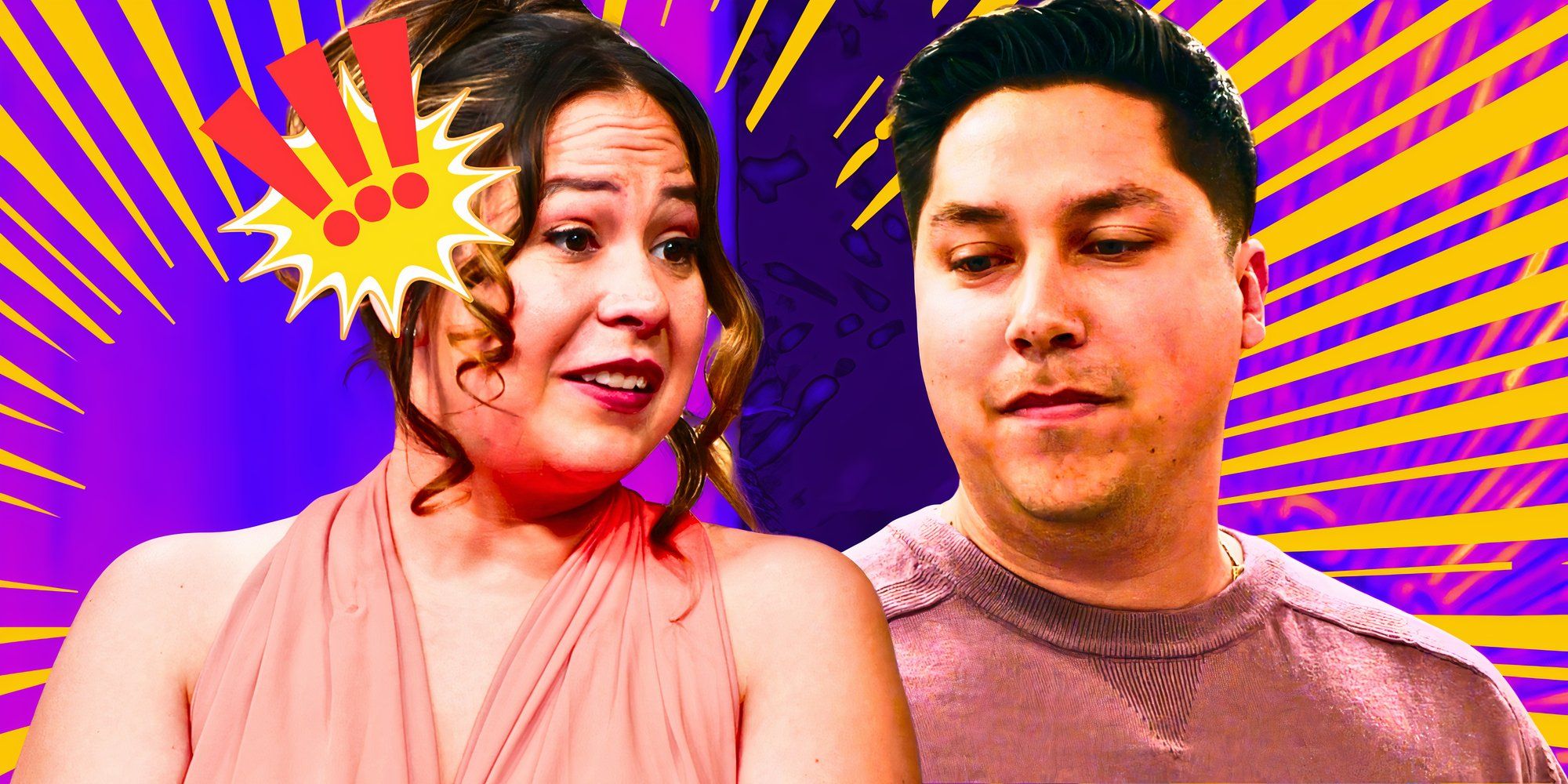

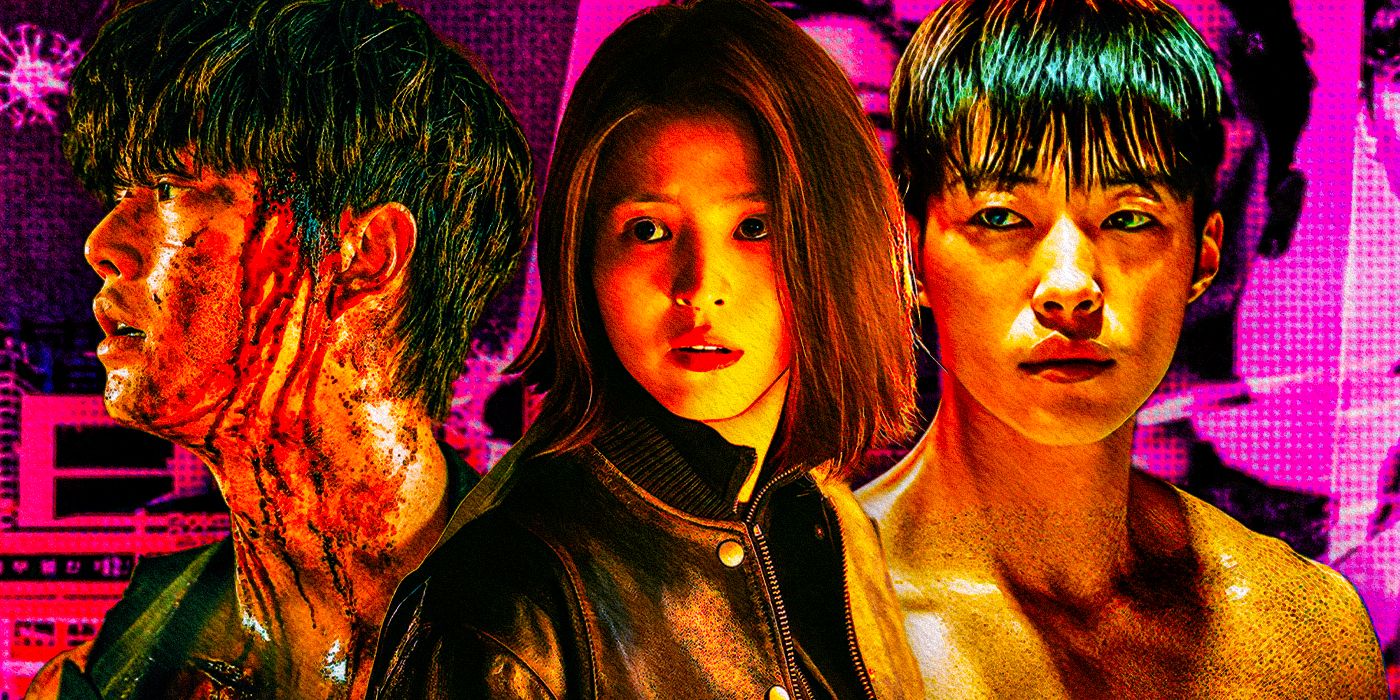


:quality(85):upscale()/2024/10/31/831/n/49351773/b7bf33836723d2f0643c55.51137847_.jpg)

:quality(85):upscale()/2024/10/29/581/n/1922153/3f2adeb76720db8a0484f8.73093870_.jpg)
 English (US) ·
English (US) ·